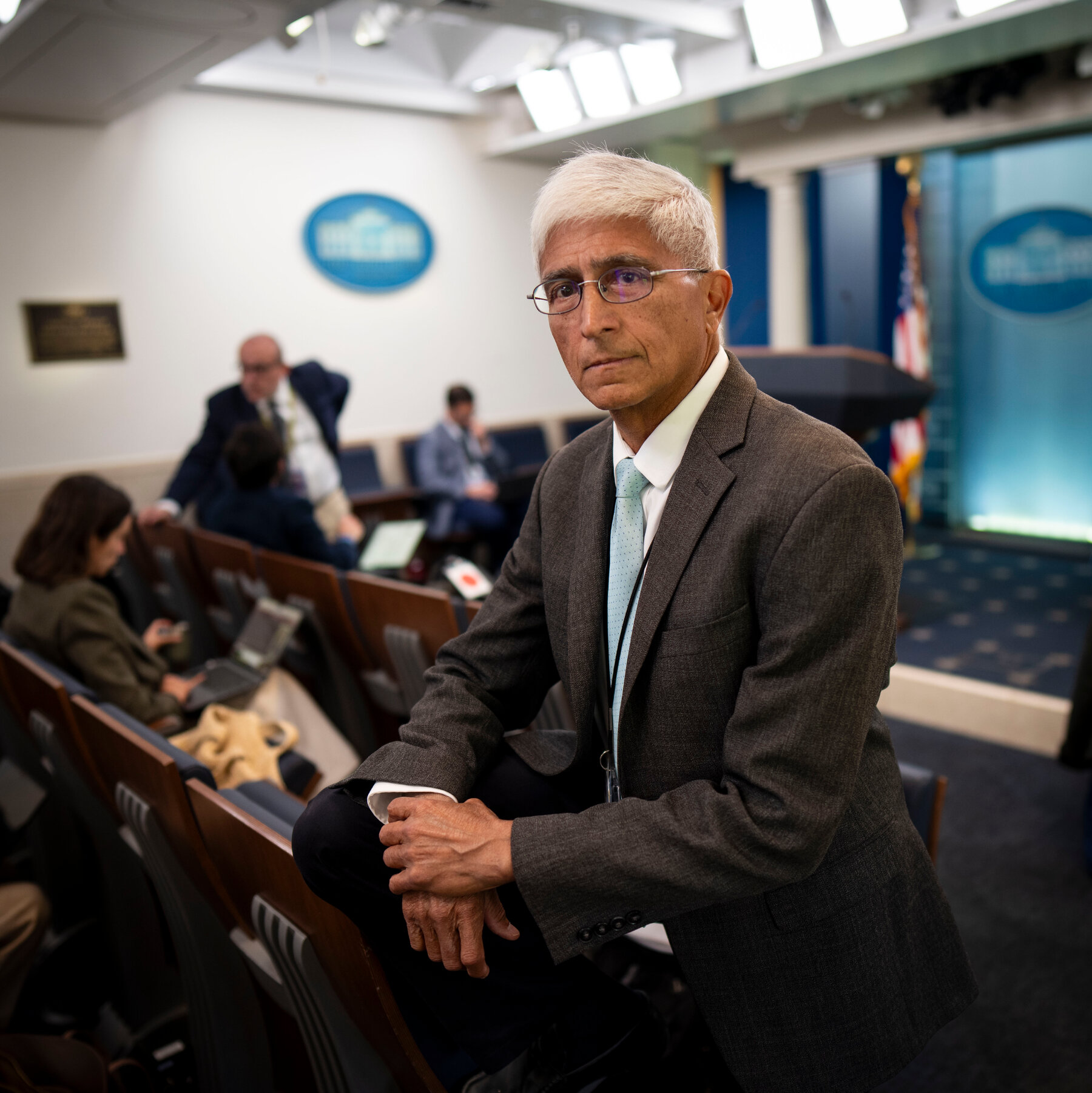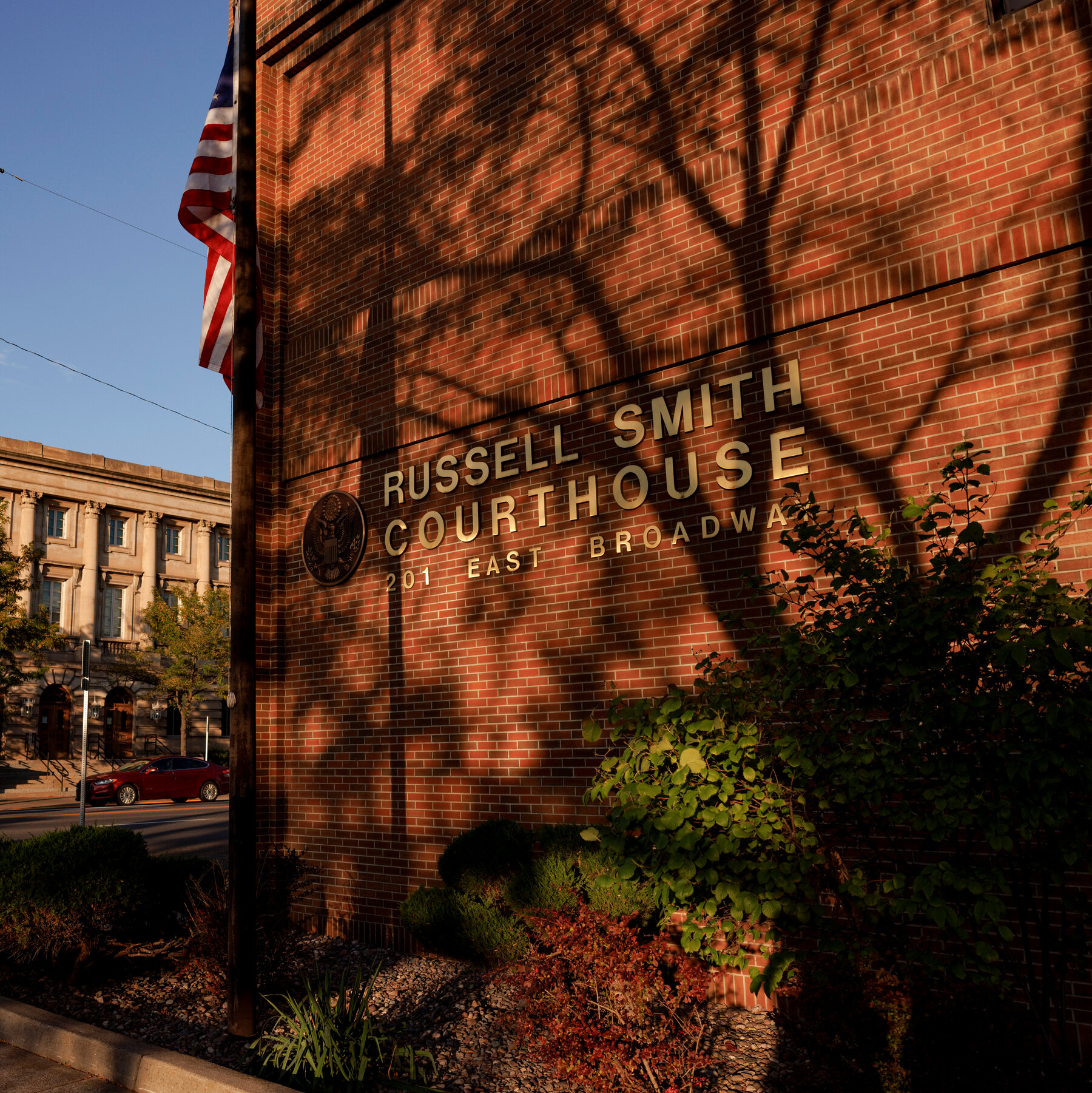The Young Women Grappling With an “Old Man’s Disease”
A Unique Annual Gathering on Cape Cod
Every summer, a small group of women in their twenties and thirties gathers on the breezy shores of Cape Cod to confront a diagnosis that most people associate with the elderly: amyotrophic lateral sclerosis, commonly known as ALS.
Diagnosed with this progressive neuro‑degenerative disease, these young women have turned a traditionally somber prognosis into a celebration of resilience. The annual meet‑up, now in its fifth year, is a blend of candid storytelling, shared humor, and a generous pour of tequila.
“We call it the ‘Old Man’s Disease’ party because we’re taking back the narrative,” says Emily Rivera, a 28‑year‑old software engineer who was diagnosed two years ago. “Instead of letting ALS define us, we let our stories define the disease.”
Stories, Laughter, and Tequila
The event begins with a circle of chairs on a beachside deck, where each participant recounts a milestone—whether it’s a recent medical breakthrough, a personal achievement, or a simple moment of joy. The atmosphere is intimate yet uplifting, as the women trade experiences that range from the heartbreaking to the hilariously absurd.
“One of us joked that the only thing we’re losing faster than muscle control is our patience for boring doctors,” says Jenna Liu, a 31‑year‑old graphic designer. “And then we all burst out laughing, because humor is the one thing we can still control.”
Mid‑afternoon, a cooler of tequila is cracked open. The women raise their glasses in a toast that has become a tradition: “To living fully, even when our bodies disagree.” The ritual is both a release and a reminder that, despite the disease’s relentless progression, moments of connection remain powerful.
Why This Gathering Matters
Beyond the camaraderie, the gathering serves a practical purpose. Attendees exchange information about clinical trials, adaptive technologies, and local support services. They also invite guest speakers—neurologists, physical therapists, and even artists—who provide fresh perspectives on managing ALS.
“The knowledge we share here can’t be found in a pamphlet,” notes Dr. Samuel Ortiz, a neurologist who volunteers at the event. “These women teach each other how to navigate the healthcare system, advocate for themselves, and, most importantly, keep hope alive.”
Looking Ahead
As the sun sets over the Cape, the women linger over the last sips of tequila, their laughter echoing against the waves. They know that tomorrow may bring new challenges, but tonight they have reclaimed a narrative that once seemed only about loss.
“We may have been given an ‘old man’s disease,’ but we’re proving that age is just a number,” Emily says, her voice steady despite the tremor in her hand. “And if we can find joy in this, maybe we can teach the world a thing or two about living with ALS.”







